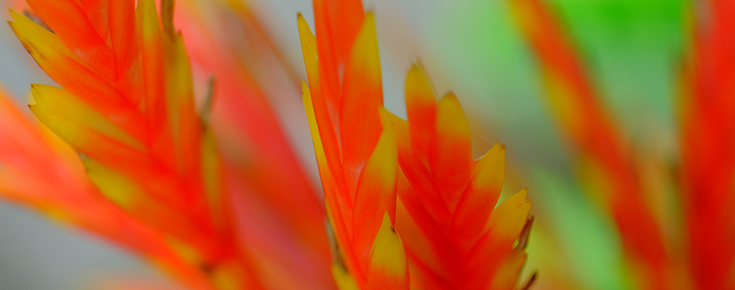
This call aims to support transnational research projects (3-years duration) addressing one or more of the three (non-exclusive) themes below:
- Knowledge for identifying priority conservation areas, establishing effective and resilient ecological networks, enhancing species-based protection and preserving genetic diversity;
- Multiple benefits and costs of biodiversity and ecosystem protection: synergies and trade-offs;
- Effective management and equitable governance to deliver bold conservation outcome.
Projects combining aspects from several themes are encouraged. This call is focused on the protection of biodiversity in the wild. This does not, for example, include efforts for restoration of habitats and species, or ex-situ conservation.
The call covers all environments, i.e. terrestrial, freshwater and marine. It also covers research on biodiversity conservation in the Outermost Regions (ORs) and Overseas Countries and Territories (OCTs) of the EU.
Call Schedule
A two-step process will apply, with a mandatory submission of pre-proposals at the first step and submission of full proposals at the second step, via an Electronic Proposal Submission System (EPSS).
The link to the EPSS will be available soon on the BiodivERsA website.
- Deadline for pre-proposals submission (mandatory): Tuesday 30 November 2021, 15:00 CET (local time in Brussels);
- Deadline for full-proposals submission: Thursday 14 April 2022, 15:00 CEST (local time in Brussels).
Save the Dates
- An information webinar for all potential applicants will be organised on October 12, from 11:00 to 12:30 CEST (local time in Brussels) to answer all your questions about this call;
- The launch of this call also marks the official start of Biodiversa+ (formal launch event is planned 17-18 November 2021). Save the date & register for virtual participation.


